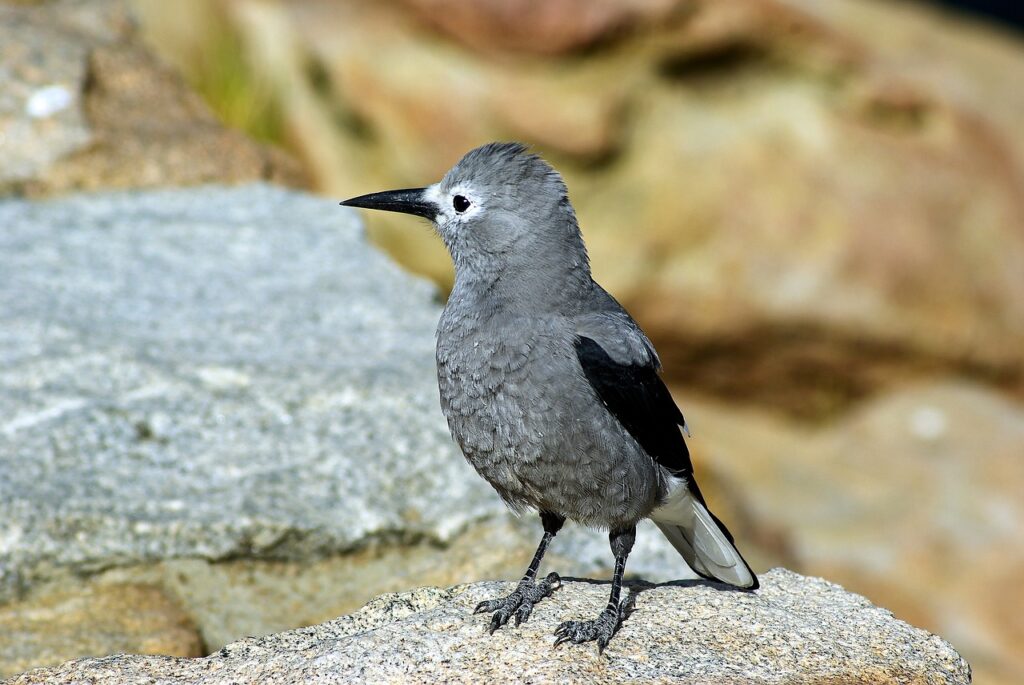We all know the saying “memory of a goldfish” means someone who forgets things easily, but did you know that many animals around the world have great memories?
From big to small, the animal kingdom is filled with all kinds of critters that have an amazing capacity to remember things. Some can even remember people!
In this article, we explore 15 different animals with good memory. Let’s continue to see what kind of critters make a list.
1. Chimpanzees
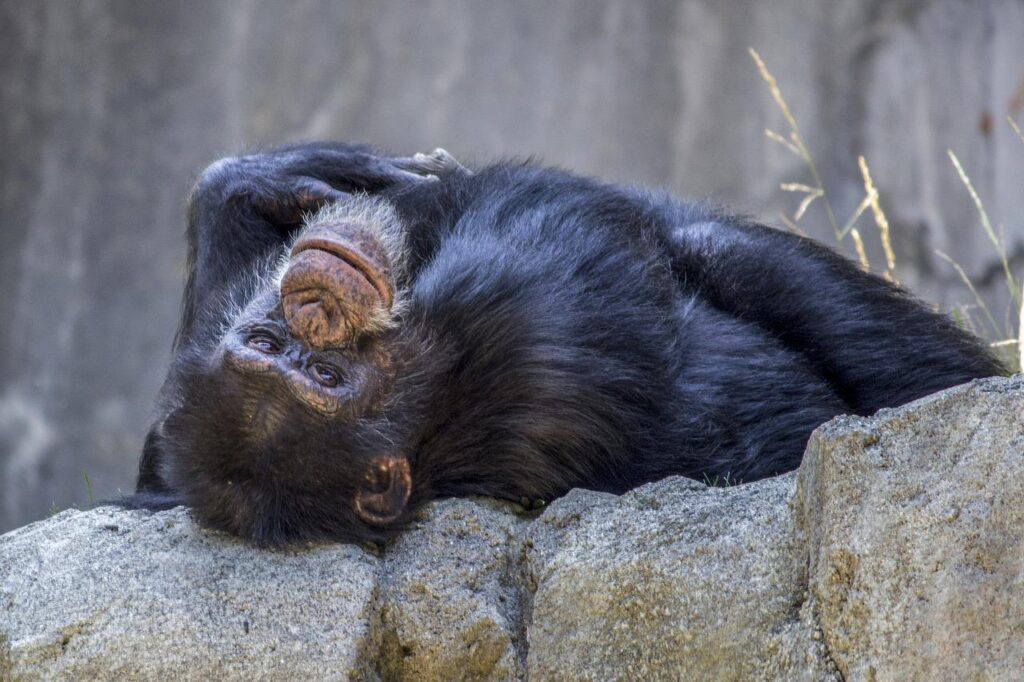
Chimpanzees have great working memories, allowing them to locate food sources and safe living locations. They can even remember numbers faster than humans! This is because chimpanzees have a photographic memory, allowing them to take a ‘picture’ of their surroundings in their minds and remember it for quite a long time.
Chimpanzees often use their incredible memory to help them make quick decisions in the wild as they jump from branch to branch. Along with great long-term memory, chimps are also shown to have great short-term memory. This is helpful when they encounter other groups of chimpanzees and must determine if they are friendly or not.
2. Dolphins
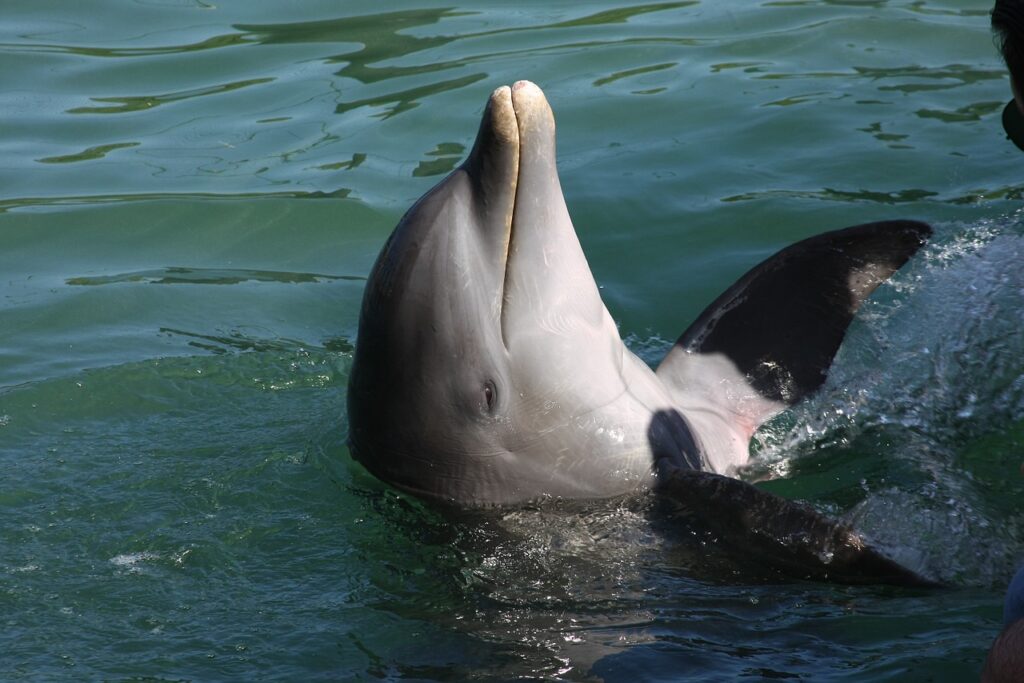
Dolphins are playful creatures that are very social and travel in pods. Within these pods, dolphins use their memory to remember the social interactions they have had in the past and to remember the dolphins they have been friendly with. This can help the dolphins create bonds with one another and hunt together.
A dolphin’s memory can last up to 20 years, allowing them to remember the unique, signature whistles that each dolphin has. They use these whistles to talk with one another and communicate over long distances. Their long memory allows them to easily split off from their pod to join other groups of dolphins and return later.
3. Elephants
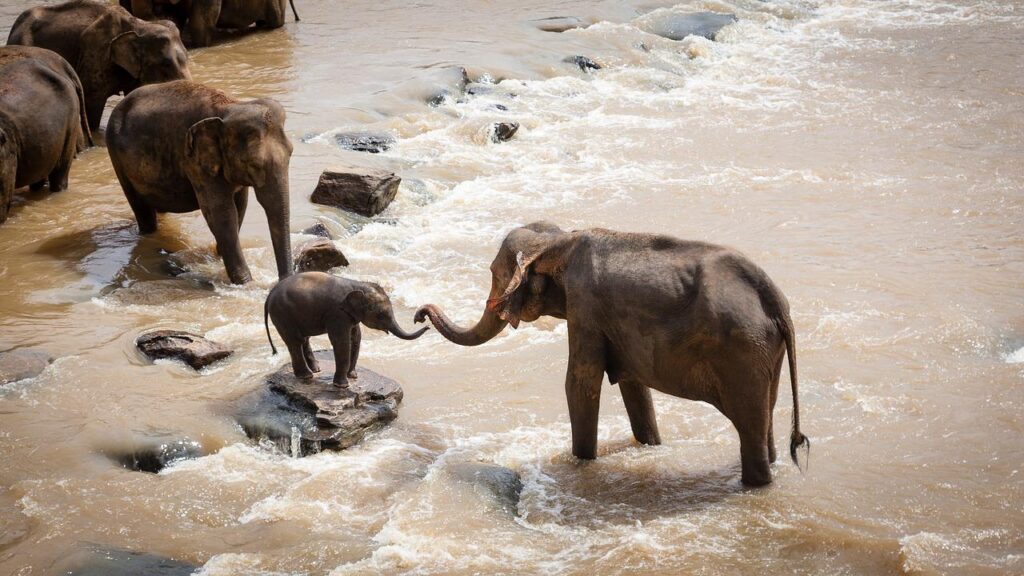
It is well known that elephants have good memories, and for a good reason. Elephant brains are similar to human brains, and it has been found that elephants can experience grief, play, and even self-awareness. Their recall power is some of the best in the animal kingdom, remembering people and places even after decades of not seeing them.
Elephants can remember people and even hold grudges against individuals who hurt them, reacting poorly to certain smells or clothing. Their memories allow them to live longer, avoiding dangerous areas and remembering migration patterns. Elephants are often led by an older female elephant known as the “matriarch,” with a strong memory built up over the years.
4. Crows
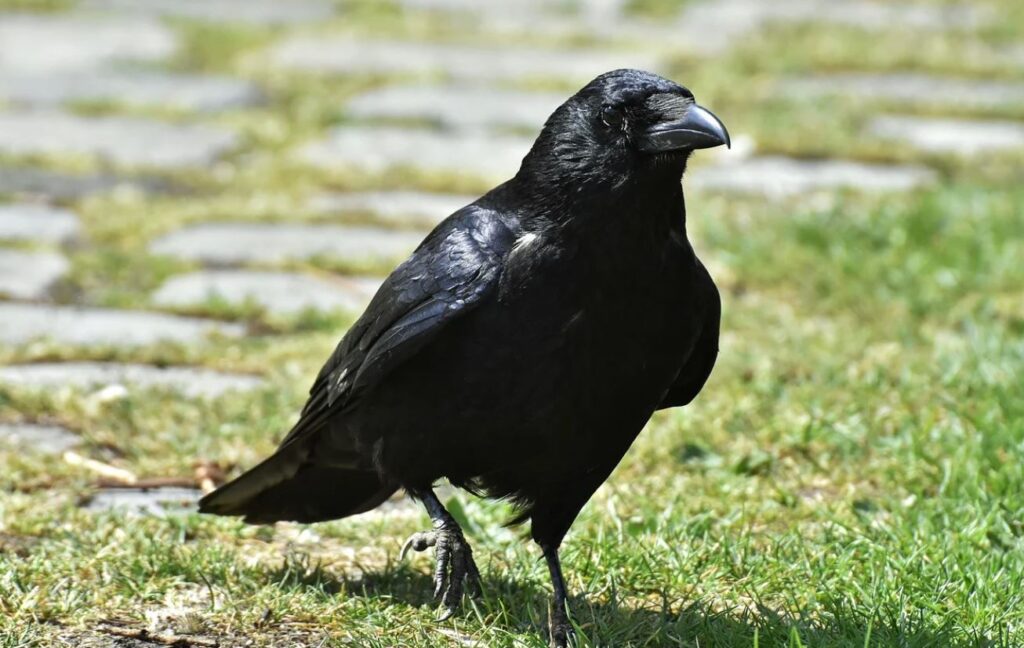
Crows are well-known for remembering human faces; this is true – many crows remember humans for years, and if their interactions are negative, they will even warn other crows to stay away. Crows can use their memory to interact with other crows and distinguish known versus unknown birds.
These birds often use their memories to hide and find food, locating previously abundant food sources throughout the winter. Crows have been shown to use tools such as rocks to obtain their food, and they use their memory to remember those tricks for future use.
5. Tortoises
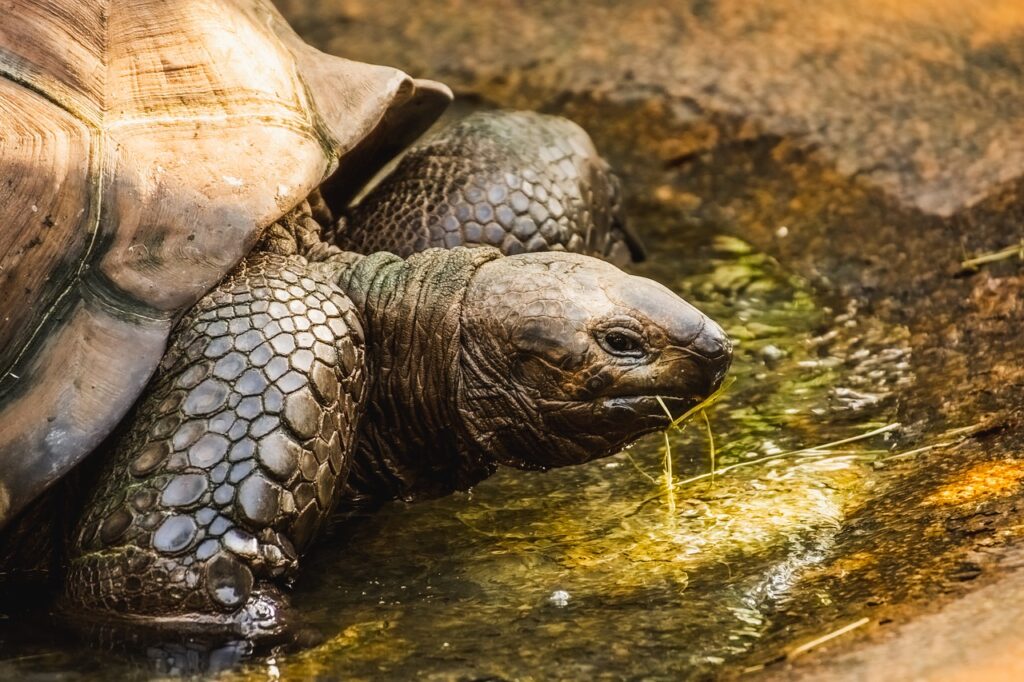
Tortoises may be slow, but their memories and brains work fast. Tortoises in captivity can recognize their zookeepers and are capable of solving complex puzzle problems. Most of these skills are remembered by tortoises even years after they were taught.
Tortoises can remember tasks and locations for up to nine years. Most of their memories are used for recall to find food sources or to retrace their footsteps. Oftentimes, tortoises will teach each other information in the wild regarding food and water locations.
6. Octopuses
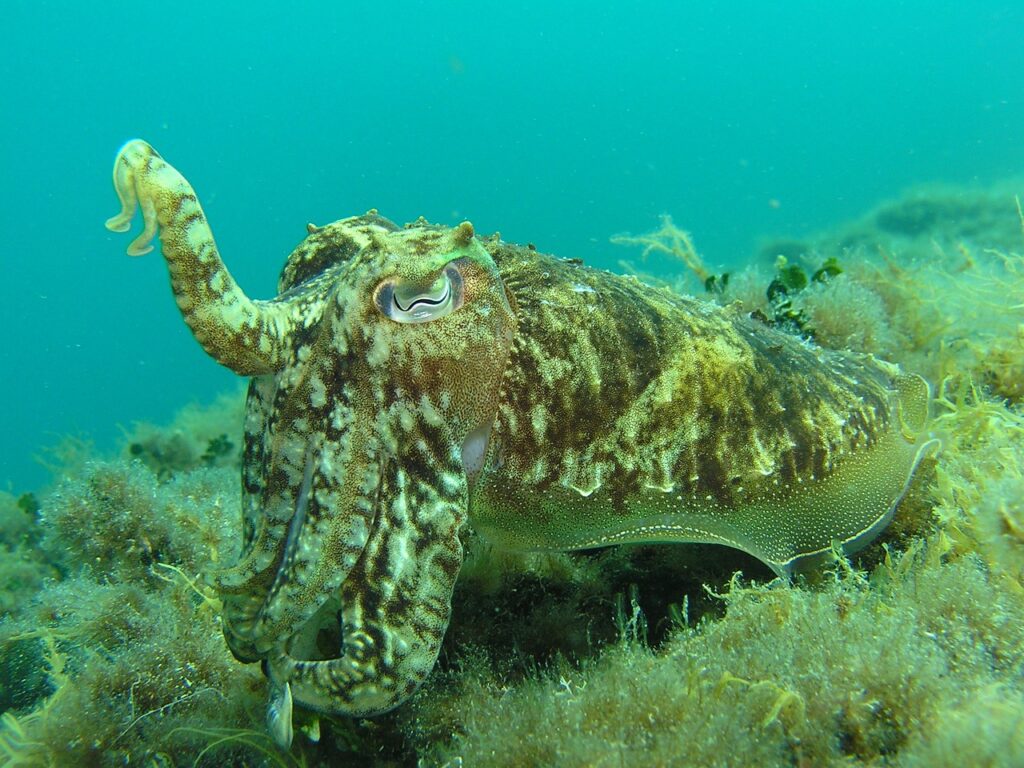
Like us, Octopuses have both short-term and long-term memory and are well known for being extremely intelligent.
Octopuses have been known to remember humans and can even form relationships with them. In captivity, octopuses have
also been seen responding to their names and specific phrases.
Octopuses use their memory to make fast decisions when chased by a predator. They can remember past experiences and use specific evasive maneuvers, and they are also able to remember hiding places they previously used.
7. Ravens
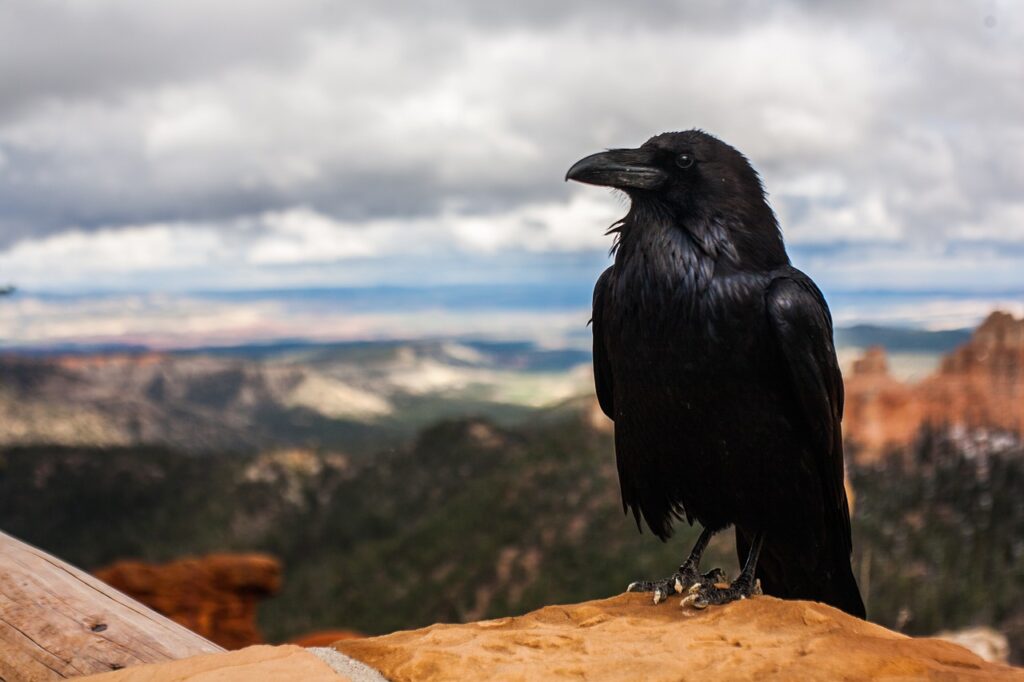
Ravens, like crows, are known to be some of the most intelligent birds. Their memory allows them to remember humans,
especially those who have cared for or provided them with food or shelter. In studies, ravens have been able to differentiate between “fair” and “unfair” amounts of food for certain tricks.
Ravens use their memory to plan migration patterns and remember food locations. Additionally, ravens have been known to remember their relationships with other ravens, even going so far as to hold burials for other ravens.
8. Whales
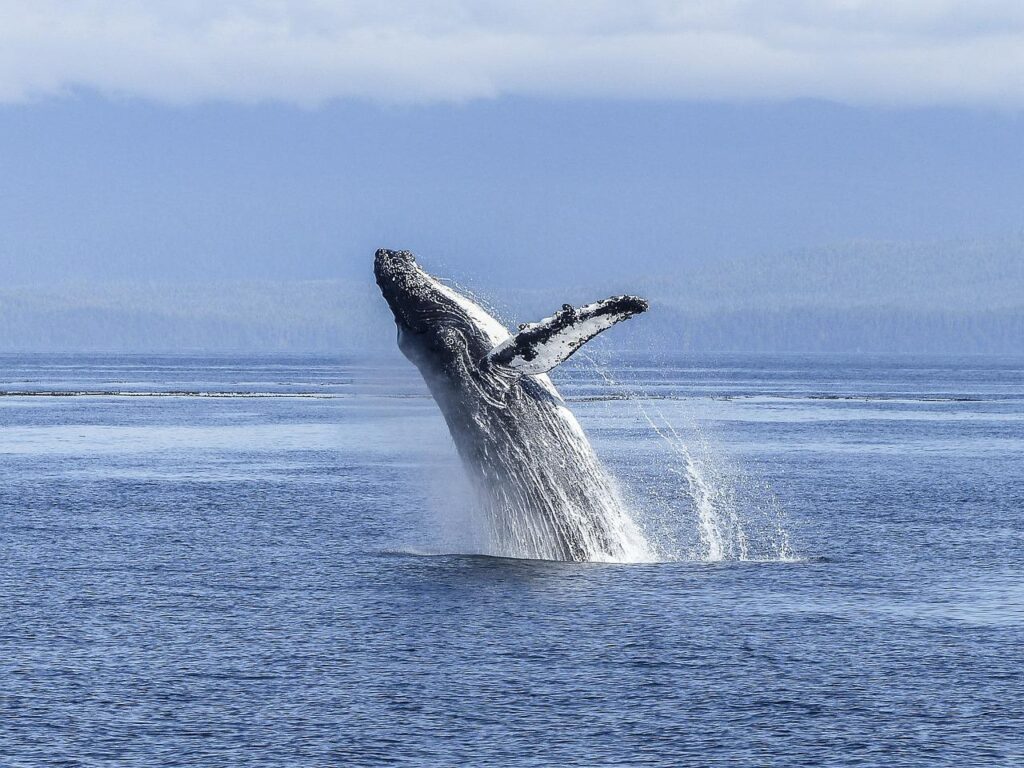
Whales are hard to study in captivity, but studies have shown that whales in the wild have extremely good memories.
Whales can live up to 80 years and are constantly building memories on top of memories. Whales have been known to teach their young many skills that they have remembered and passed down, including how to hunt and play.
Memory skills for whales are often used to find sources of food. Their memory is the most helpful for migratory patterns as whales often rely on that memory to move from location to location. Migratory patterns are remembered with pinpoint accuracy and used to navigate the oceans seamlessly.
9. Dogs
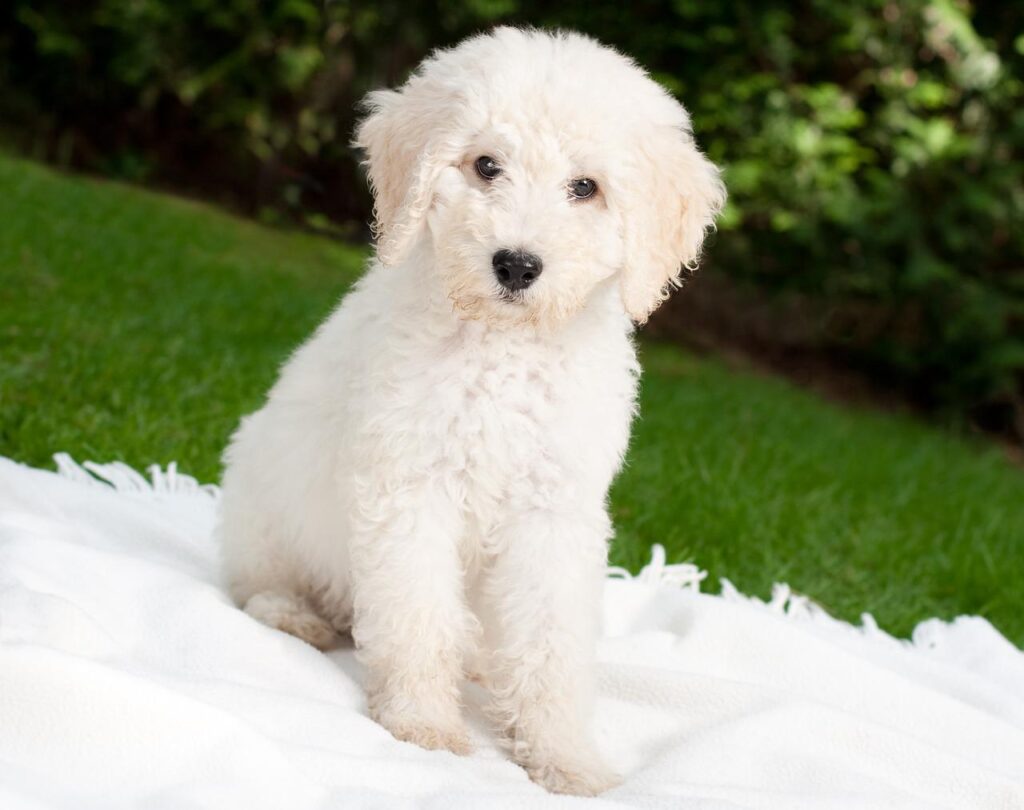
Not only are dogs ‘man’s best friends but they also have amazing memory skills to remember their best friends! While they may have short-term memory, dogs can remember events based on association, allowing them to remember routines and relationships. For example, when you grab a leash, a dog might associate the leash with a walk and become excited, rather than remembering the last time they went on a walk.
Dogs can easily recall tricks and commands, allowing them to become easily trained. With enough training, dogs can assist firefighters, police officers, and rescue workers. Dogs can remember their owners and recognize their voices even years after seeing them.
10. Sea Lions
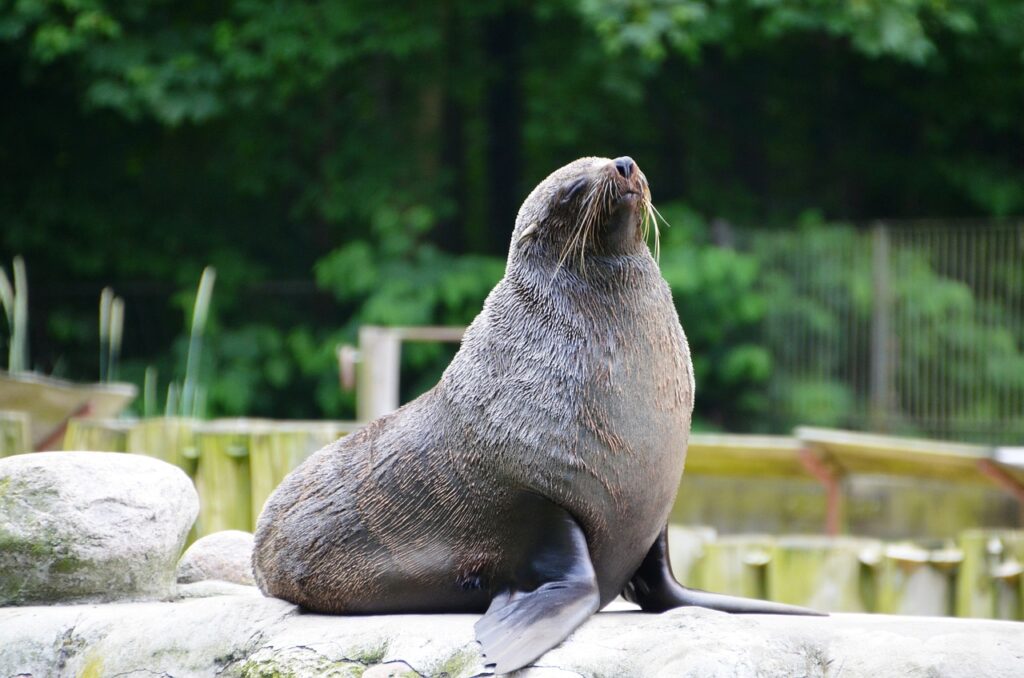
Sea Lions have some of the best memory in the animal kingdom and can learn letters and numbers. In captivity, sea lions can remember tricks decades after they were taught and can use letters to communicate.
Sea Lions often use their long-term memory in the wild to help them locate previously visited areas and are safe to live in. They also use their memory to remember the prey they encounter and the hunters they should stay away from.
11. Parrots
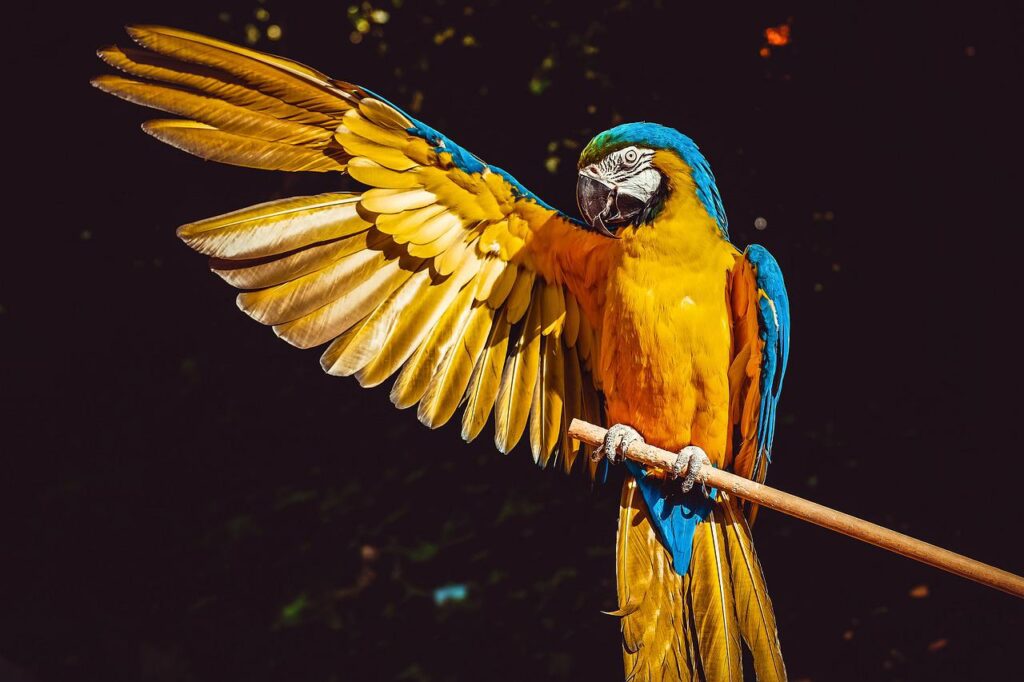
Parrots have long lives; many of those years are attributed to their amazing memory. They can learn words easily and can use them at appropriate times in conversation. Their memory allows them to recall wonderfully, learning over 150 phrases and taking in all kinds of information.
Parrots also have long-term memory that allows them to remember locations they have previously been to. They can remember people from years prior and even greet their old friends with phrases they were taught long ago.
12. Clark’s Nutcracker
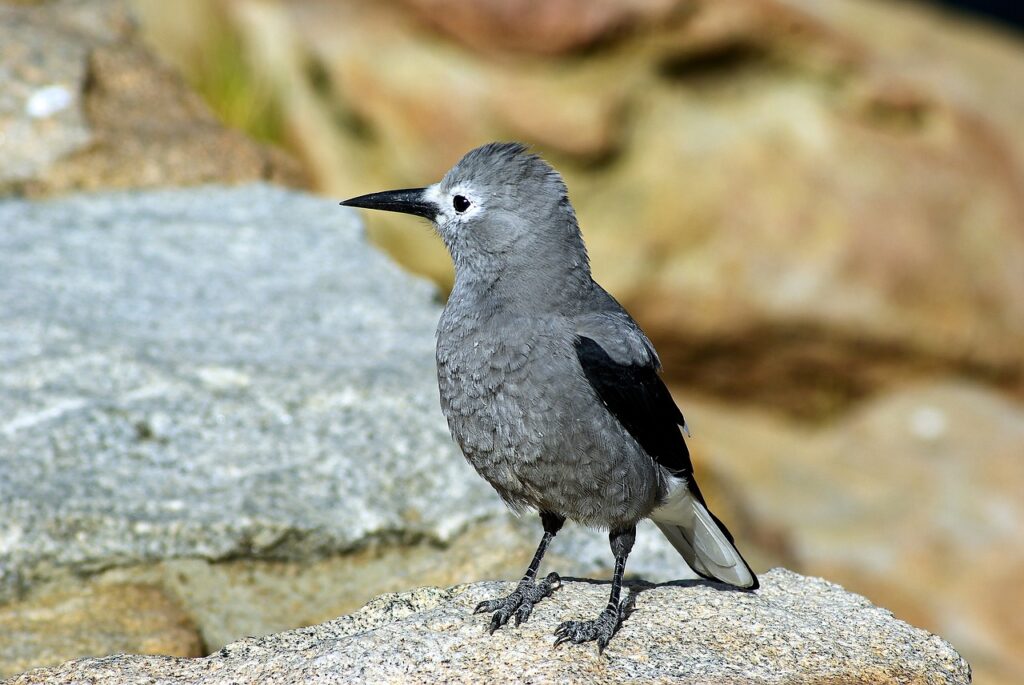
The Clark’s Nutcracker bird has a surprisingly impressive memory. Rather than a long-term memory, this bird has an impressive spatial memory, allowing them to remember tiny landmarks within massive spans of area.
These birds enjoy nuts and spend most of their time foraging, specifically for pinenuts. They can even find pinenut trees in hazy weather and even underneath inches of snow. The Clark’s Nutcracker bird hides anywhere from 20,000-30,000 nuts during the winter to be dug up later in the spring. This means they always have thousands of locations dedicated to their food sources in their brains. An impressive feat!
13. Horses
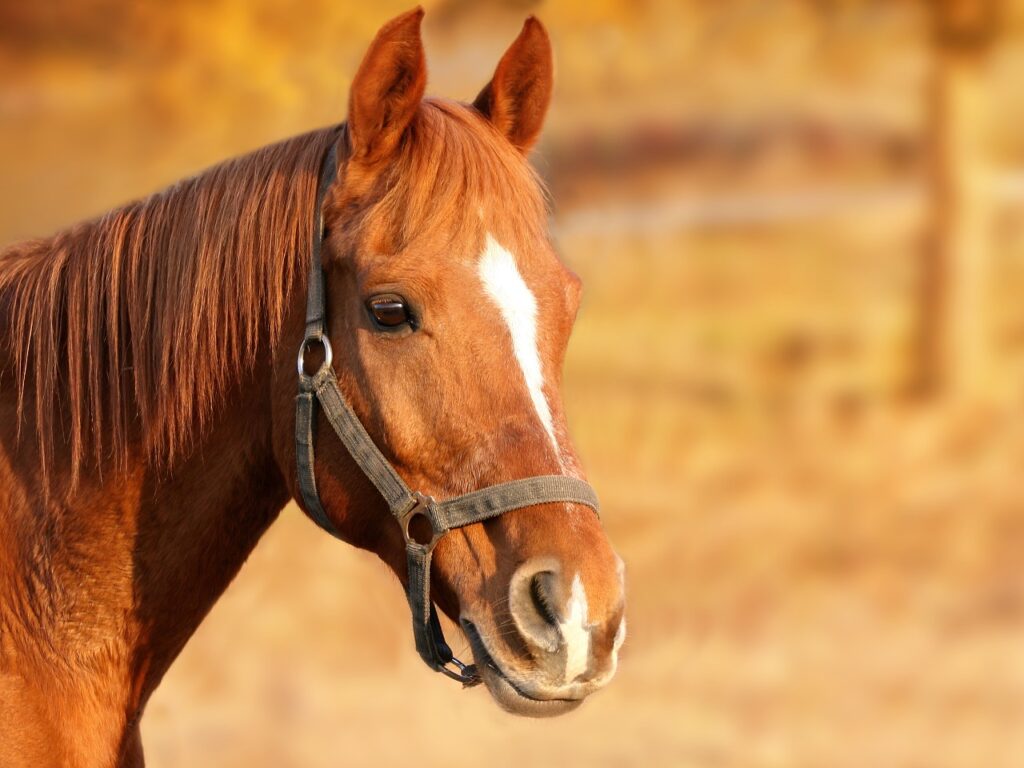
Horses have been confirmed to have great memories, recognizing their owners even years after being apart. Their ability to recall and bond with other horses in their herd allows them to stay safe. Some of these bonds can last whole lifetimes and horses can even remember members of the herd that have left and come back
Horses have also been shown to solve complex problems. In captivity, horses can be easily trained, remembering commands and marks with great ease. They can even memorize human words that they can then use in training.
14. Squirrels
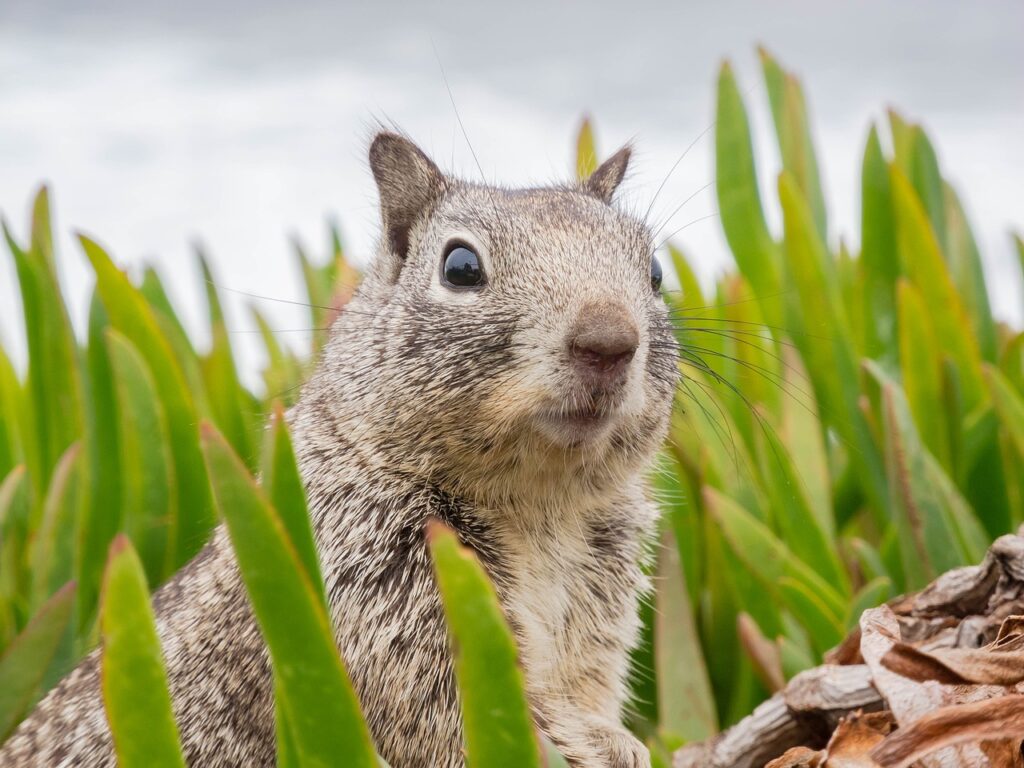
You may not have expected to see squirrels on this list, but it has been shown that they are particularly good problem solvers. Squirrels have good long-term memories that allow them to remember where they previously stored food. Their memories can last up to two years which can be very helpful if a season is not producing enough sustenance and they need to dig up their burrowed food.
Squirrels in captivity are good problem-solvers, remembering techniques for long periods. Wild squirrels have often been seen solving the puzzles of bird feeders to obtain the food inside. Their memory allows them to survive much longer than they otherwise might.
15. Rats
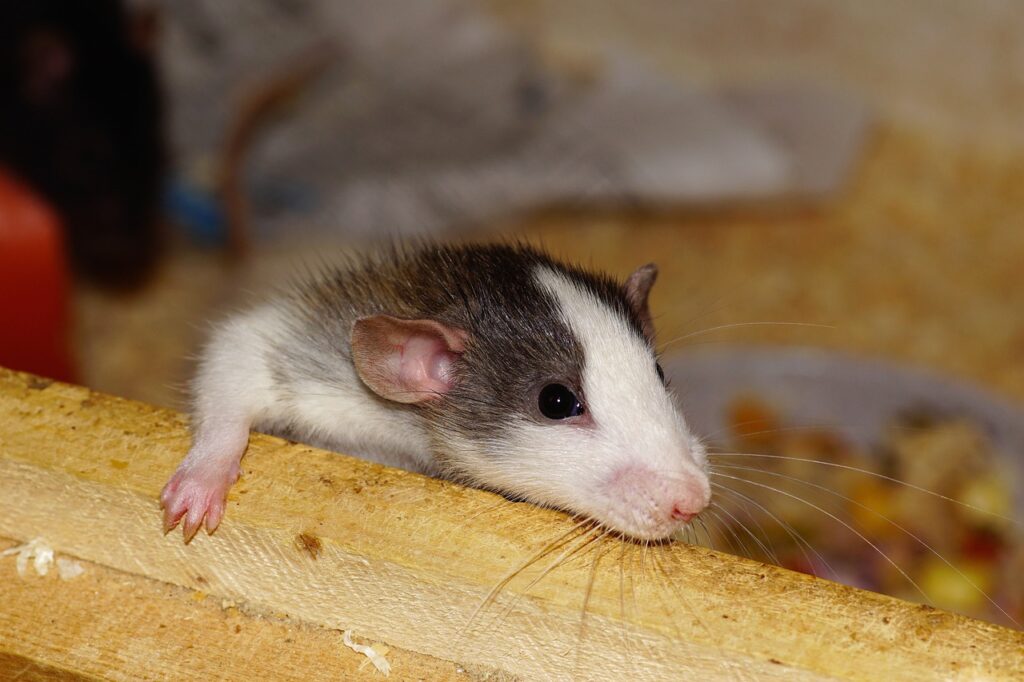
While quite unassuming, rats have much better memories than previously thought. Studies have shown that rats replay memories in unique patterns and can store specific memories as ‘long-term’. This means they can also remember past behavior and choices, creating more memories as they live.
Rats in captivity have been shown to recognize their owners, and many wild rats use their memory to remember their fellow rats in their colony. They also use their memories to navigate their environments easily and can work through mazes and puzzles with increasing speed.
Conclusion
Animals depend on memory for many reasons, including food source locations and mating areas. Often, the animals with the best recognition and memory will live longer than those with poor memory. This allows them to pass on those genes to their offspring, creating even more animals with good memory.

